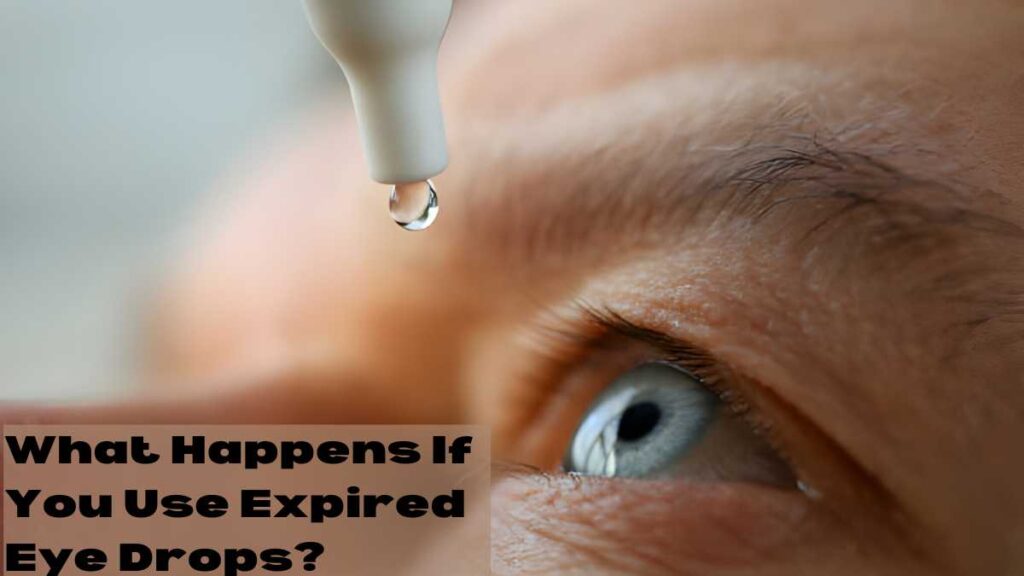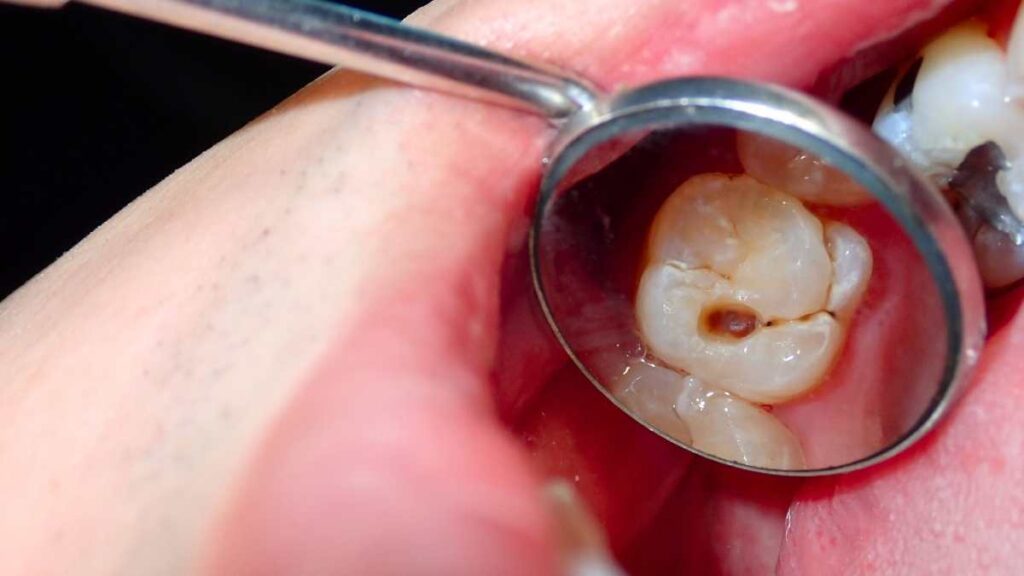Introduction
Addressing the critical question, “What happens if you use expired eye drops?” many people have found themselves rummaging through their medicine cabinet, encountering a dusty old bottle of eye drops and thinking, “Eh, they should still be good.” However, the risks of using expired eye drops are often underestimated. In this article, we’ll delve into these dangers, why eye drops expire, and how to maintain optimal eye health.
Understanding Expired Eye Drops
Eye drops are a common go-to for addressing various eye issues, from dryness to infections. But like any medication, they come with an expiration date for a reason. When eye drops expire, several things can happen:
Reduced Effectiveness
Expired eye drops lose their potency over time. The active ingredients break down, making the drops less effective at providing relief. Imagine trying to start a fire with damp matches – it just won’t work as well.
Risk of Contamination
As eye drops sit past their expiration date, the preservatives meant to keep them sterile degrade. This breakdown creates an ideal environment for bacteria to thrive. Using contaminated eye drops can lead to infections, which can be painful and even affect your vision.
Allergic Reactions and Irritation
The delicate balance of ingredients in eye drops can shift as they age, leading to unexpected allergic reactions or irritation. Instead of soothing your eyes, expired eye drops might exacerbate the problem, leaving you rubbing your eyes in discomfort.
Is it Okay to Use Expired Eye Drops?
Addressing the critical query, “What happens if you use expired eye drops?”, it’s imperative to recognize the risks associated. Using expired eye drops can lead to contamination, reduced effectiveness, and potential allergic reactions. Therefore, it’s essential to prioritize your eye health and avoid using expired eye drops.


Risks of Using Expired Eye Drops
Using expired eye drops can lead to various adverse effects on your eye health. The potential risks include:
- Reduced effectiveness: Expired eye drops may no longer provide the relief you need, as the active ingredients degrade over time.
- Risk of contamination: As preservatives break down, bacteria can flourish in the solution, leading to infections and further complications.
- Allergic reactions and irritation: Changes in the composition of the eye drops can cause unexpected allergic reactions or irritation, exacerbating eye discomfort.
Prioritizing Eye Health
To maintain optimal eye health, it’s crucial to prioritize proper eye drop usage and storage. Adhering to expiration dates, following usage instructions, and practicing good hygiene are essential steps. Always consult with your eye doctor for guidance on the appropriate use of eye drops and for alternative solutions if needed.
READ ALSO: How Long Does it Take for Shilajit to Work? Unveiling the Potent Effects!
Symptoms of Using Expired Eye Drops
How do you know if those old eye drops in your cabinet are causing more harm than good? Keep an eye out for these symptoms:
- Sudden redness or itchiness: These could signal an allergic reaction to expired ingredients in the eye drops.
- Prolonged discomfort: If your symptoms persist or worsen after using eye drops, they may have lost their effectiveness.
- Unusual discharge: Notice any strange discharge from your eyes? It could indicate an infection caused by contaminated eye drops.
If you experience any of these symptoms after using expired eye drops, it’s crucial to stop use immediately and consult with your eye doctor.
Proper Eye Drop Usage and Storage
Now that you know the risks of using expired eye drops, let’s talk about how to use and store them properly to avoid these issues:
- Check the Expiry Date: Before applying any eye drops, always check the expiration date. If it’s past its prime, it’s time to toss it out.
- Follow Storage Instructions: Most eye drops should be stored at room temperature away from direct sunlight. Some may require refrigeration, so be sure to read the label.
- Avoid Sharing: Eye drops are meant for individual use only to prevent cross-contamination. Keep them to yourself!
- Follow Usage Instructions: Most manufacturers recommend discontinuing use of eye drops 28 days after opening. Don’t try to stretch the lifespan of your eye drops – it’s not worth the risk.
- Practice Good Hygiene: Always wash your hands before and after using eye drops to prevent contamination. And remember, avoid touching the dropper tip to keep it clean.
Conclusion
In conclusion, it is crucial to understand the potential risks associated with using expired eye drops. The consequences of neglecting expiration dates can include contamination, reduced effectiveness, and allergic reactions, all of which can compromise your eye health. Therefore, it is imperative to prioritize proper eye care and adhere to usage guidelines. Remember, your eyes deserve the best care possible, so always stay vigilant and avoid using expired eye drops. What happens if you use expired eye drops? Take heed and ensure your eye health remains uncompromised.


A true master in his field, Hayate takes the helm as the author of Supreme Hall’s ‘Health’ category. Through his informative and engaging blogs, he shares valuable insights on wellness, fitness, and holistic living, empowering readers to lead healthier and happier lives.


